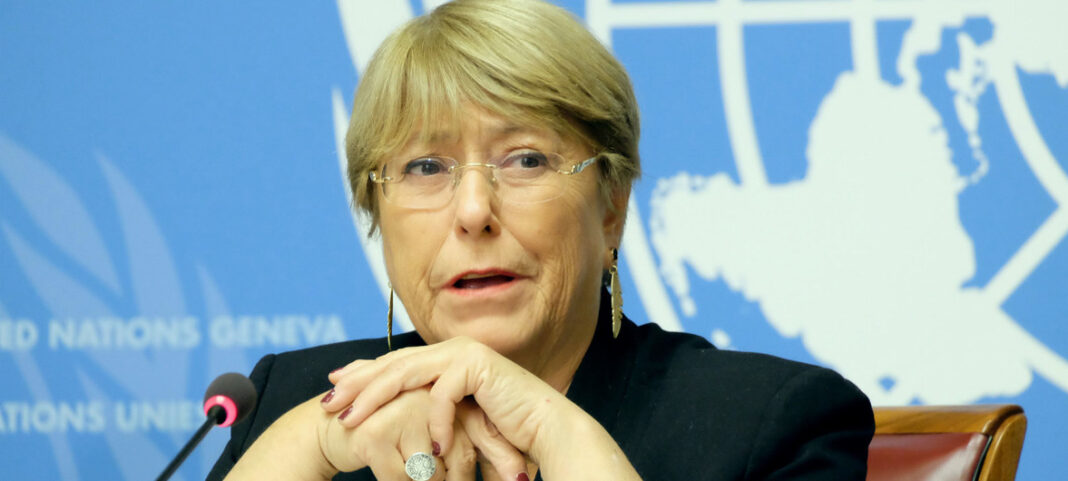The UN High Commissioner for Human Rights, Michelle Bachelet, opened the Human Rights Council Intersessional consultation on Mental Health and Human Rights, on 15 November 2021.
In addressing the panel experts and participants from across the world she pointed out: “The pandemic has widened the gaps that already existed in psychosocial support. They have become more evident. And so has the urgency for us, as a global community, “to promote a paradigm shift in mental health and to adopt, implement, update, strengthen or monitor, as appropriate, all existing laws, policies and practices”.
Existing mental health systems often continue to fail those seeking support.
Either because many people with psychosocial disabilities and with mental health conditions are still either lacking access to recovery-based support services, or because they are caught in a vicious cycle of violence in their interaction with them.
For example, estimates indicate that more than 10% live with a mental health condition at any one time. Treatment coverage is unacceptably poor, especially in low- and middle-income countries.
Historically, people with psychosocial disabilities and with mental conditions have been wrongly deemed dangerous to themselves and others. They are still commonly institutionalised, sometimes for life; criminalized and incarcerated because of their conditions.”
Scenarios for mental health services
Ms. Bachelet then raised the rhetoric question: “Would you seek mental health support from a system that denies you choice and control over decisions that affect you, lock you up and prevent you from having contact with friends and family? If you managed to overcome these challenges, could you go back to this system?”
She went on to discuss this: “Let us consider two scenarios.
If a person in emotional distress is met with violence when searching for health care, it is fair to say they may never want to re-engage with such a service. Reoccurring lack of support increases the risk of exclusion, homelessness and further violence.
On the other hand, what if a person’s encounter with the mental health system is one where their dignity and rights are respected? Where relevant professionals understand that how their intersecting identities impact how they access and navigate the system? A system that will not only empower an individual as an agent of their own recovery, but it will support their journey of health and well-being?
This system is based on human rights.
It is an approach that promotes trust, enables recovery and provides both users and professionals with a framework in which their dignity and rights are valued and respected.
In line with the Convention on the Rights of Persons with Disabilities, there needs to be an urgent shift away from institutionalization and towards inclusion and the right to independent living in the community.
That requires greater investment in community-based support services that are responsive to people’s needs Governments must also increase investments in narrowing human rights gaps that can lead to poor mental health – such as violence, discrimination and inadequate access to food, water and sanitation, social protection and education.”
She ended off stating that the, “Fulfilment of the right to health, including mental health, can empower and restore individual dignity and contribute to more tolerant, peaceful and just societies.”









